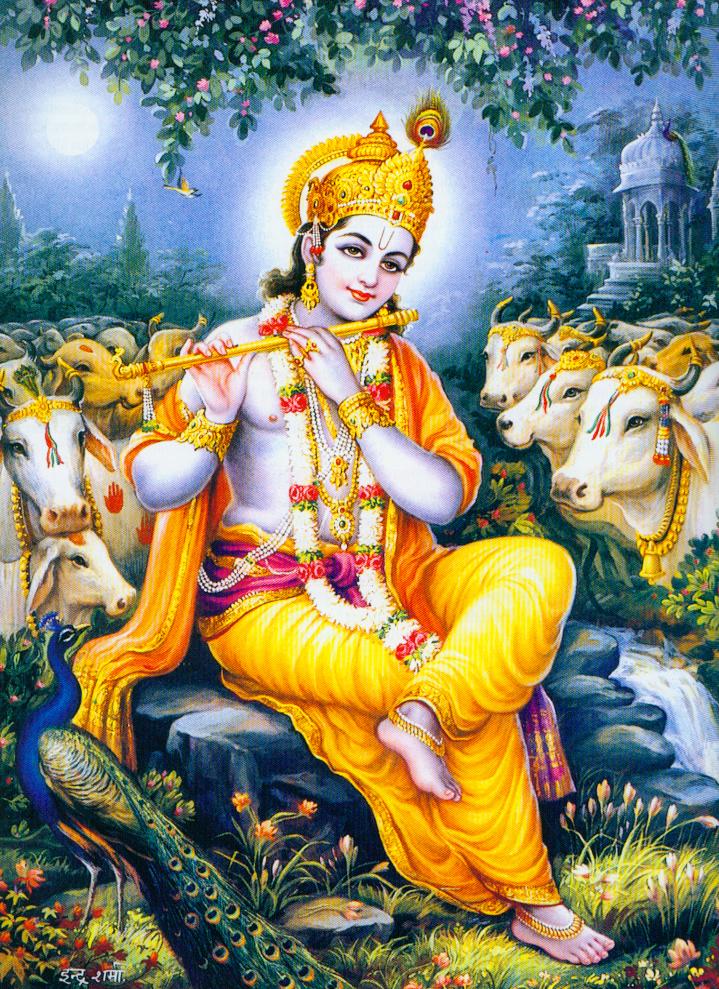Krishna said that one who works without desiring the fruit of his action is both a Sannyasi and a Yogi. Not someone who does nothing at all. To become a Yogi, one needs to act. After one has attained Yoga (union) with "That," then one practices S’ama (restraint, peace, inaction).
This is another important idea and often repeated in the Bhagavad Gita. You must act. There is no place at all forlaziness or irresponsibility or for shirking your duty. You must do it. Whatever your duty is. Once you do your duty,remembering that you are not the doer, and you do not hanker after the results, you are purified. (Playing the game is important – not winning or losing.) Once you remember that it is the Lord who causes everything to happen and once you identify with or unite with God, then you are in Yoga. You are barely aware of what you are doing. You are skilled in your work, at peace and at ease. Now it makes no difference whether you actively do things or not.
S’iva is often called S’ankara – the one who causes S’ama or peace. S’iva sits out the entire creation and sustenance in meditation and does "nothing" for the most part. Yet he gets into the fray, when called upon, and finally at the end, he is responsible for the dissolution. S’iva is the ultimate Yogi and the ultimate Sannyasi. He keeps nothing and is everything.

No comments:
Post a Comment